Education: Teachers
Salonika: Female Education at the end of the Nineteenth Century
Salonika was a vibrant center of Sephardic Jewish life in the Ottoman Empire, at some points even boasting a majority Jewish population. The Alliance Israélite Universelle, a French Jewish educational program, was established to westernize, or in their words “regenerate,” Sephardi and Mizrahi Jewish communities. The Alliance established dedicated girls’ schools to give young Jewish women a secular education.
Sharon Salzberg

Pnina Salzman
Renowned classical pianist Pnina Salzman was the first Israeli pianist to conquer concert stages in Europe and Asia in the early 1940s, before the establishment of the State of Israel. She also enriched the local music scene with her premieres of Israeli composers, who wrote for her knowing that their work would receive superb interpretation. She won the Israel Prize for her musical achievements.
Else Rahel Samulon-Guttmann
Else Samulon-Guttmann showed her exceptional intelligence early in life, studying law at Berlin university and earning a PhD from Heidelberg University. Appointed a judge in 1929, she lost her position with the Nazi rise to power in 1933. Samulon-Guttmann stayed in Germany for her mother and was murdered at Auschwitz in 1944.
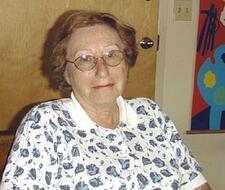
Freyda Sanders
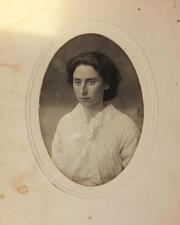
Sarah Goldblatt
Sarah Goldblatt was a staunch advocate of the Afrikaans language of South Africa. Despite learning the language later in life, she devoted herself to her adopted tongue, publishing multiple books in Afrikaans and serving on the editorial board of an Afrikaans newspaper. Trained as a teacher, she also taught the language to students around the country.
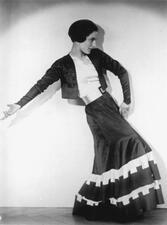
Angiola Sartorio
Angiola Sartorio was a prolific dancer, teacher, and choreographer who subverted fascism in her artistic choices. Sartorio had a company and school, and her company was widely well-received in Italy until it performed for Hitler in Vienna and she had to flee to the United States.
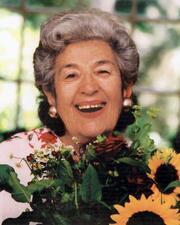
Miriam Schapiro
Miriam Schapiro helped pioneer the feminist art movement, both through her own pushing of creative boundaries and by creating opportunities for other women artists. Starting in 1970, Schapiro raised women’s consciousness through her writing, painting, printmaking, teaching and sculpture. She lectured extensively on feminist issues to professional conferences, university audiences, art classes and women’s groups.
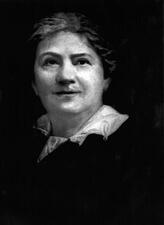
Mathilde Schechter
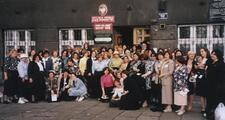
Sarah Schenirer
Sarah Schenirer, a divorced dressmaker who lived in Krakow, Poland, was the founder of Bais Yaakov, a network of schools for Orthodox girls. By the time she died in 1935, the school she founded in 1917 had grown to hundreds of schools in Poland and beyond.
Bertha Singer Schoolman
Bertha Singer Schoolman gave a lifetime of service to the betterment of Jewish education and the cause of Youth Aliyah, the movement to bring Jewish youth out of Germany to live in children’s villages in Israel. Schoolman risked her life under fire to help bring convoys to and from kibbutzim.
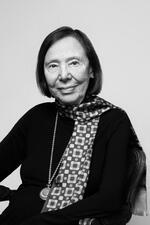
Grace Schulman
During her decades-long career as both poet and professor, Dr. Grace Schulman has received numerous awards, including the Frost Medal for Distinguished Lifetime Achievement in American Poetry. Her work has been included in numerous anthologies, and she has written extensively on her friend and mentor poet, Marianne Moore.
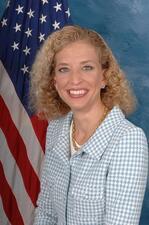
Deborah Wasserman Schultz
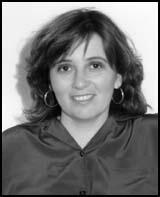
Debra L. Schultz
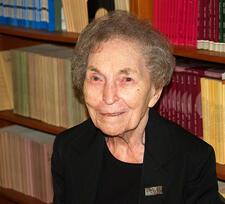
Anna Jacobson Schwartz
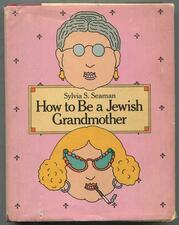
Sylvia Bernstein Seaman
“I’m still capable of marching. I marched sixty years ago. I just hope my granddaughter doesn’t have to march into the next century.” Sylvia Bernstein Seaman was a pioneering feminist of the twentieth century who broke the silence around breast cancer through her frank writing.
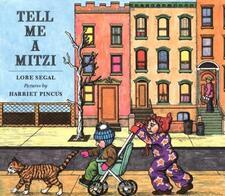
Lore Segal
A respected writer whose work was informed by her experiences as a child refugee from Nazi-occupied Austria, Lore Segal published several books of autobiographical fiction for adults as well as several books for children and translations. She was elected to the American Academy of Arts and Sciences in 2006 and named a finalist for the Pulitzer Prize in 2008.
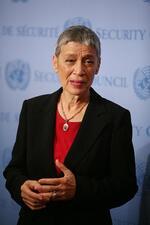
Gabriela Shalev
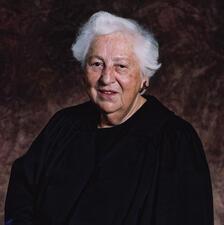
Alice Hildegard Shalvi
Israel Prize Laureate Professor Alice Shalvi was a leading Israeli feminist activist and scholar. Founder of the Israel Women’s Network and the Ben Gurion University English Department and longtime principal of the iconic religious feminist high school Pelech, Professor Shalvi was instrumental in advancing gender issues in Israeli education, society and politics.
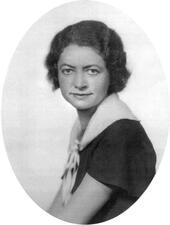
Anna G. Sherman
Anna G. Sherman was one of the unsung heroes of the Hebraist movement in the United States. She taught Hebrew classes at the Teachers Institute of the Jewish Theological Seminary for nearly forty years, inspiring hundreds of students, mostly adult women, to connect to their Judaism through the study of Hebrew.
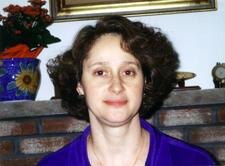
Abby Shevitz
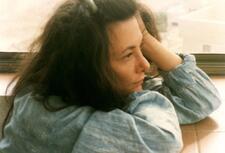
Vicki Shiran
Vicki Shiran was an Egyptian-born Israeli social activist dedicated to feminism, anti-occupation activism, and fighting discrimination against Mizrahim in Israel, all of which she viewed as interconnected. In 1999 she helped found Ahoti, For Women in Israel, which promoted the labor rights of lower-class women in Israel, and in 1981 she led a fierce fight against the Israel Broadcasting Authority for its exclusion of Mizrahim in its telling of the history of the Israeli state.
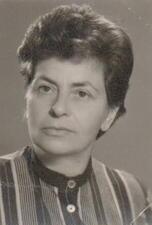
Sarah Shner-Nishmit
Polish author and historian Sarah Shner-Nishmit traveled constantly to evade capture during World War II, working at a labor camp and joining a partisan group. Shner made aliyah in 1947 and subsequently began her writing career, which included children’s books and historical research. She also helped found Kibbutz Lohamei ha-Getta’ot, where she lived until her death.
Viola Brothers Shore
Viola Brothers Shore was an accomplished writer, poet, and screenwriter during the 1920s and 1930s. In addition to writing for numerous publications, she wrote silent movie titles and original stories for many films and won awards for her may mystery stories.
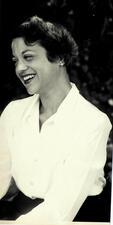
Wilma Shore
Wilma Shore was a writer and teacher most active between the 1940s and the 1960s. She lived at various times in Los Angeles and New York City, settling finally in New York City. Involved with left-wing political activity, she and her husband were blacklisted during the House Committee on Un-American Activities hearings.


